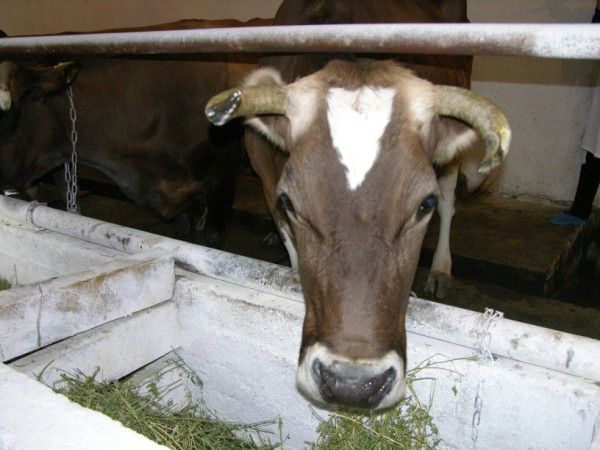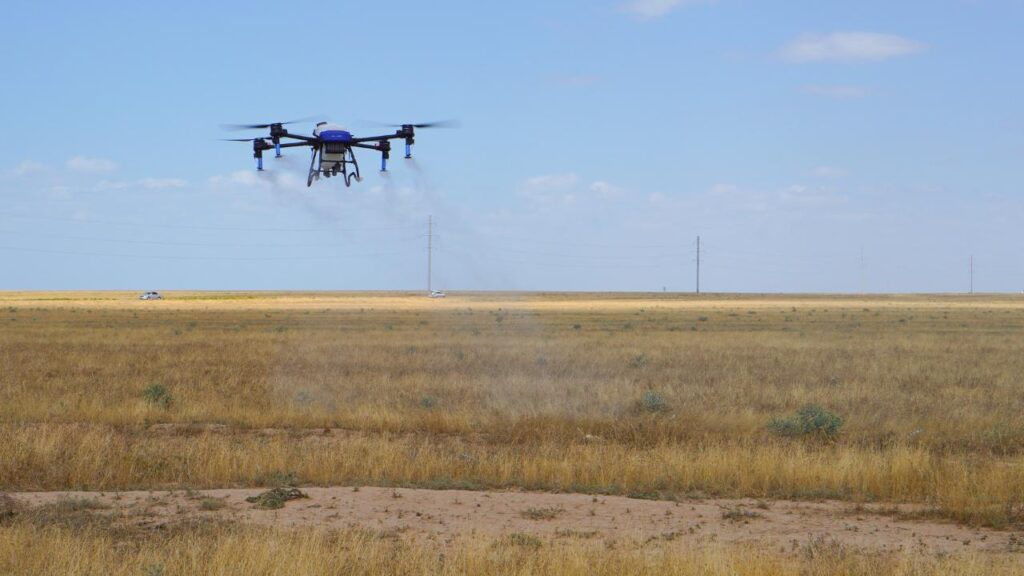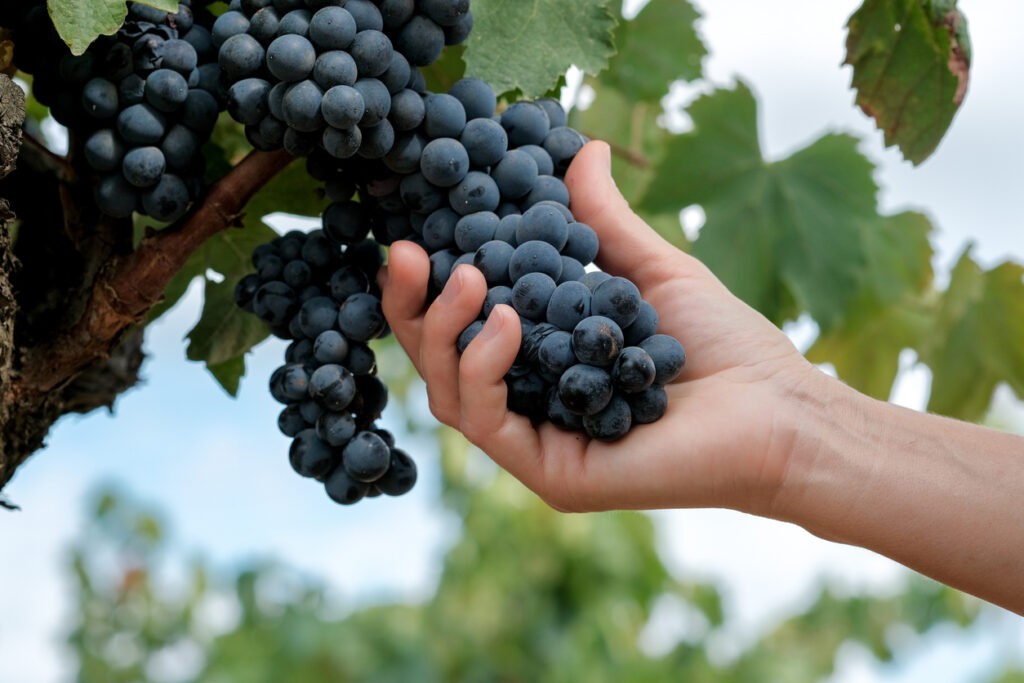ASTANA (TCA) — The modernization of Kazakhstan’s agribusiness sector through the introduction of state-of-the-art information systems, like the Collect Mobile application for milk processors, was one of the key themes in a roundtable organized by the Dairy Union of Kazakhstan and the National Chamber of Entrepreneurs and supported by the European Bank for Reconstruction and Development (EBRD) and the Food and Agriculture Organization of the United Nations (FAO) in Astana on 29 September, the EBRD press office reported.
The workshop was attended by 70 delegates from 16 provinces of Kazakhstan, including senior officials of the Ministry of Agriculture of Kazakhstan and domestic dairy producers.
The event provided an opportunity to present the latest achievements and opportunities in the dairy sector as well as to discuss urgent issues.
The EBRD and FAO reported on the implementation results of a joint sector promotion project in Kazakhstan. The study offered an in-depth sector analysis of the production of high added-value dairy products and the introduction of modern digital solutions, like geographic information system (GIS), across all dairy enterprises of Kazakhstan. Progress along this path, together with a focus on support for small and medium-sized farms, is key to the sector’s sustainable growth and competitiveness, the paper finds.
Experts from FAO and the Dairy Union explained the importance of introducing a new system of milk supply and collection with emphasis on the quality of raw milk and associated products.
“Transparent and accurate information on the raw milk supply chain will facilitate investments and promote better policy dialogue in Kazakhstan’s dairy sector,” said Victoria Zinchuk, Head of Agribusiness Advisory at the EBRD. “A steady and predictable flow of high-quality milk will give companies incentives to upgrade their facilities and expand their operations. Farmers will also be more inclined to modernise their facilities, improve their grazing lands and milk production practices if the market is more reliable,” she said.
“Answers were given to a great number of priority issues related to milk collection in such a big country as Kazakhstan. Satellite images and various digital solutions to name a few are now at milk processing companies’ disposal. They can help make the right decisions, which can have an immediate impact on the quality of milk. The Collect Mobile application, which we presented, could be a one-stop-shop for them,” said Inna Punda, Agribusiness Specialist, Investment Centre, FAO.
“Today it is vital to join efforts of producers and the government in order to ensure better quality and safety of Kazakh dairy products, which should become more competitive both internally and externally,” stressed Anna Sapargazinova, co-chairperson of the Dairy Union of Kazakhstan.







